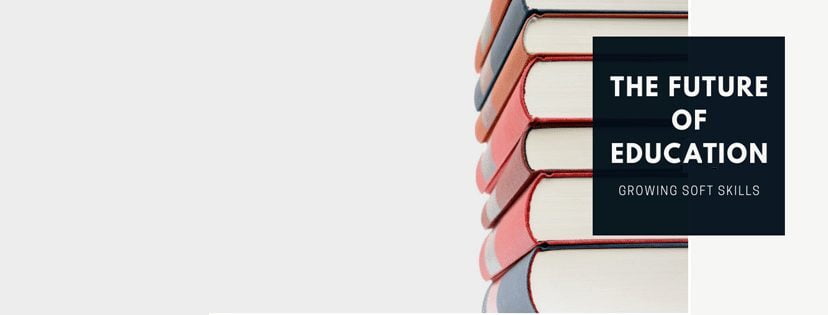
According to Statistics SA, “South African youth are still vulnerable in the labour market. South Africa’s unemployment rate is high for both youth and adults; however, the unemployment rate among young people aged 15–34 was 38,2%, implying that more than one in every three young people in the labour force did not have a job in the first quarter of 2018.
Youth unemployment, however, is not unique to South Africa; it is a global phenomenon. According to the International Labour Organization (ILO), there are about 71 million unemployed youth, aged 15–24 years, globally in 2017, with many of them facing long-term unemployment. In South Africa, those aged 15–34 years are considered as youth”.
How do we increase the employability of our young people?
We all know education is one of the key answers to the social challenges we are facing. However traditional education as we know it is also failing. Many graduates with excellent degrees remain unemployed. What is needed is the right type of education. We need an education model that will ensure our young people are more employable and ready to cope in the future job markets.
One of my favorite quotes is that of Ralph Waldo Emerson. “That which we do not call education is more precious than that which we call so”.
What I have discovered about education over the last two decades as an educator of Emerging Adults (Young people between 18 – 30 years of age), is that education has two key components, academics and life lessons. Life lessons take place between the classes. The challenge is that the more essential experiences of life seem to slip by without us even noticing them. We need to become intentional about our education so that we can draw the value out of learning in everyday context.
How can we become more intentional about that which we do not call education?
1. Place a high value on Soft Skills
Establish the value of soft skills. You will only invest in what you value. If we fail to identify the value of that which we do not call ‘education’, we will fail to be intentional about investing in and developing that side of our education. When a value is placed on Social Emotional Learning (SEL), it will not be seen as an optional extra, but a crucial development to make oneself ‘future proof’.
2. Invest In your Soft Skill Credentials
Many of us have spent 12 years at school and invested another 3-7 years on our tertiary education. We can earn great academic credentials, but what about investing in our soft skills credentials? Reading books about soft skills, attend online or live seminars, doing short courses, anything that will ‘up skill’ you in the area of your soft skills. What if you don’t have money to invest in your personal soft skills development? Then draw value from life lessons. Thus my next point…
3. Draw value from life lessons
Life is the best learner, as you go through life be aware of the soft skills you are developing along the journey for example:
3.1 Make connections
Work on relational connections. Learn to socialize with all types of people. People older and younger than you. People from different social, economic backgrounds and different cultures. Learn to see and value in all people.
3.2 Learn how to handle conflict
Learn how to manage your emotions and that of others by developing effective conflict strategies before you face the conflict. If you have effective strategies in place, you will not be so caught off guard and thus less apologizing to do later. Learn from each problematic situation you find yourself in, what are the skills you have learned from each conflict situation?
3.3 Embrace Responsibility
Responsibility in many ways has become a curse word for this generation and to be avoided like the plague. Responsibility is not a curse, but a blessing. Wrapped up in responsibilities are the gifts of valuable life lessons. The more responsibility I take on, the faster I learn and grow.
3.4 See the value in developing Grit
When I have to push through the uncomfortable circumstances, I develop grit and grit and builds character. This character gives me the capacity to handle the next challenge life will throw at me.
In conclusion
Just remember Soft Skills are primarily non-academic, the first level is the knowledge of the Soft Skill the second level lies in practice. Practice re-enforces learning.
What would the result be if we paid more attention to investing in the softer side of our education and putting that into practice?
Maybe it is time, that which we don’t call education becomes as important as that which we call education?







